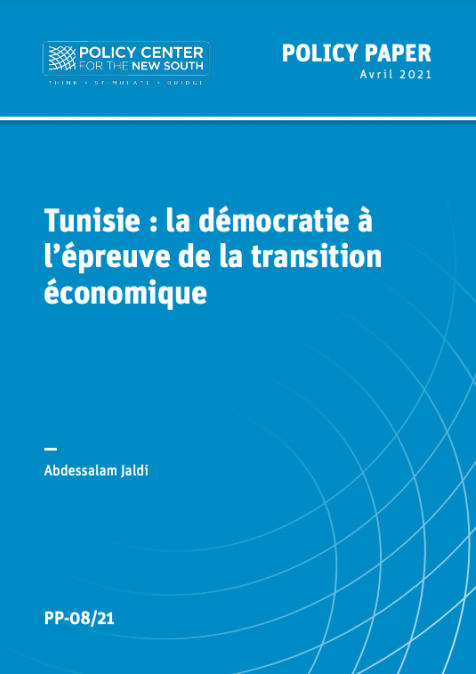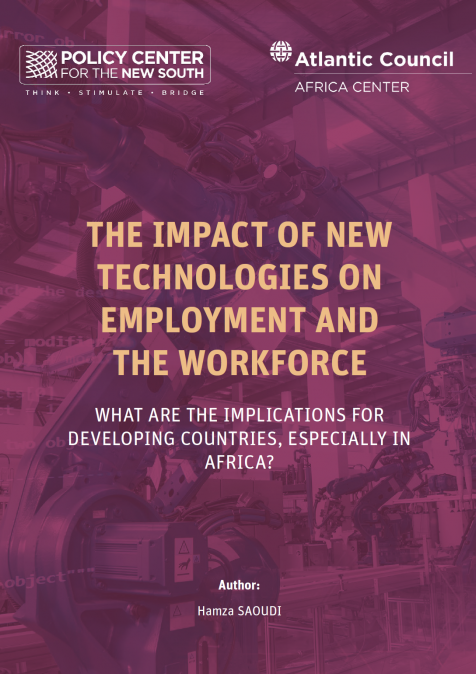Publications /
Policy Brief
Regional integration in Africa is seen as a priority by many of the continent’s policymakers and economic stakeholders. With all Africa now signed up to the African Continental Free Trade Agreement (AfCFTA), the challenge now is to implement a continental market for goods and services and establish the foundations of a continental customs union. Many on the continent see the AfCFTA as an investment, economic-diversification, and job-creation blueprint that will shape the future of Africa, help meet by 2030 the targets of the Sustainable Development Goals (SDG), consolidate progress toward the African Union’s Agenda 2063, and facilitate an AU – EU free-trade area in long term. With a combined GDP of over $2.3 trillion and a population of 1.2 billion, of whom most are below the age of 30, African countries stand to gain substantially from intra-regional trade. In this article, we analyse the legal aspects of AfCFTA.








